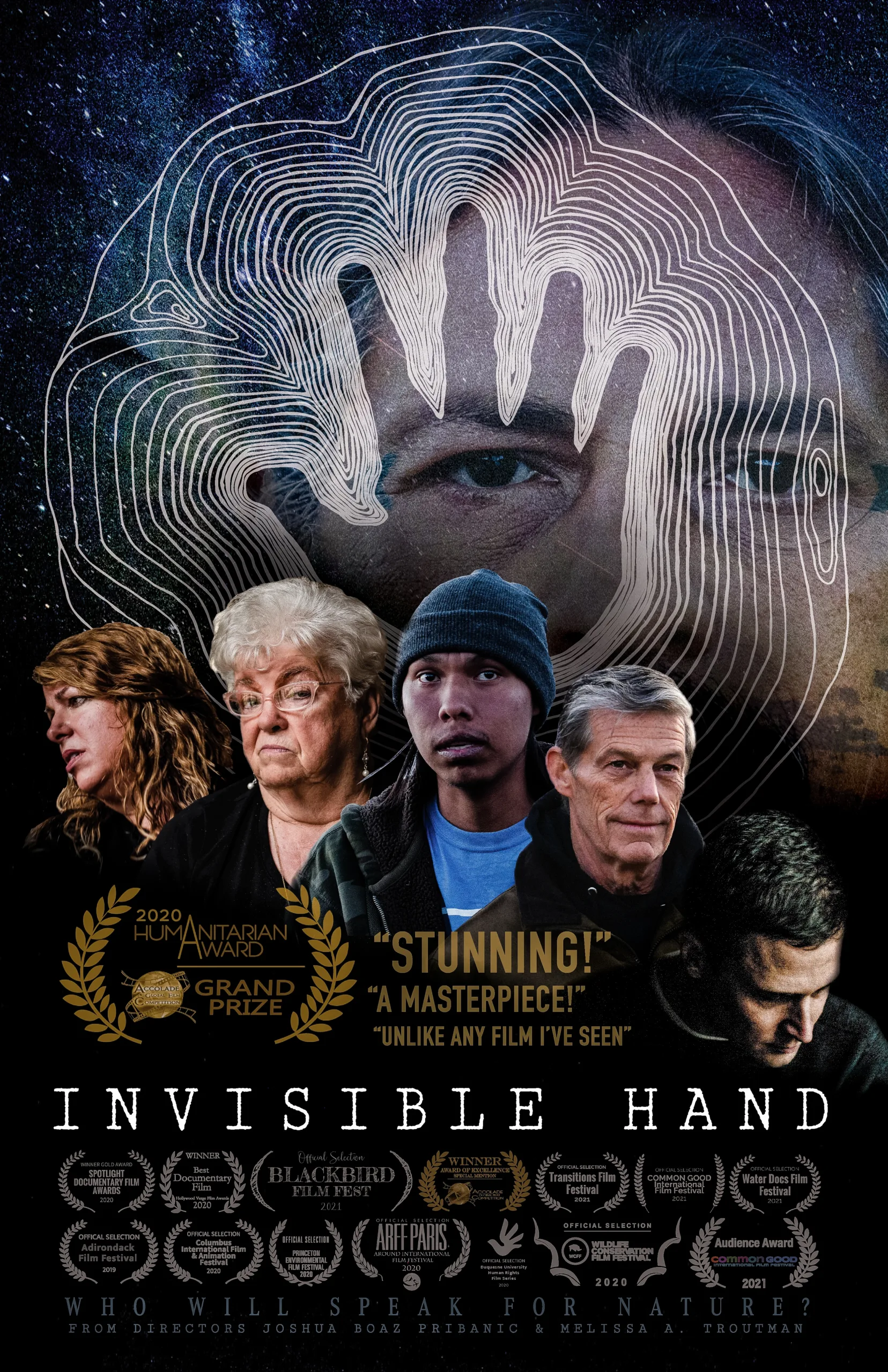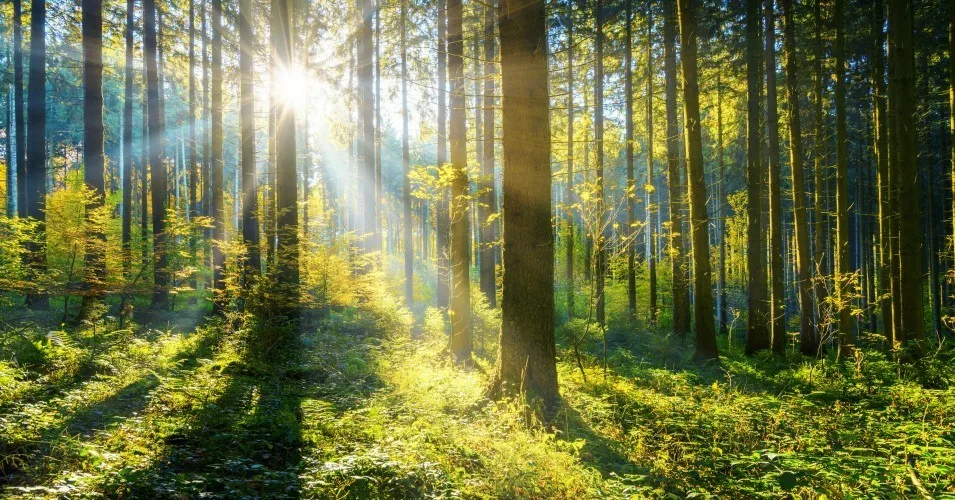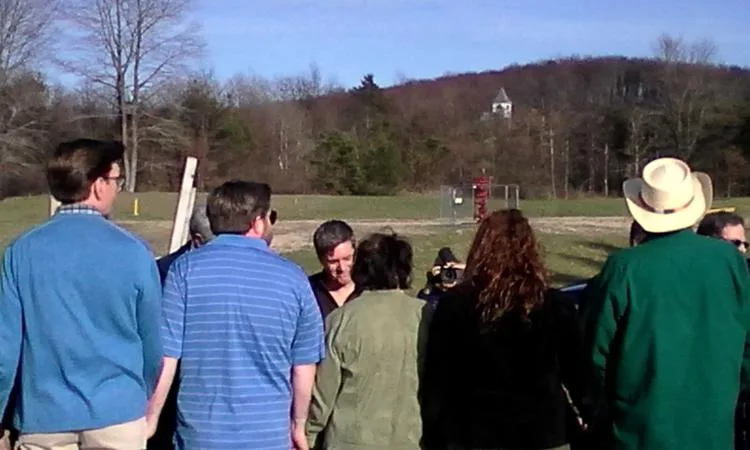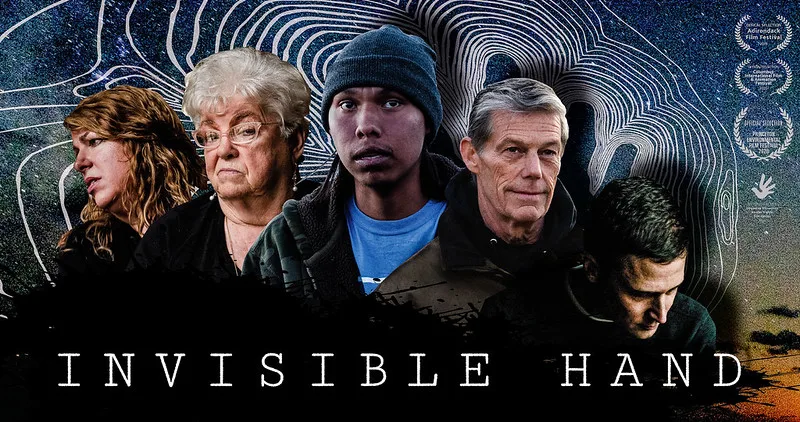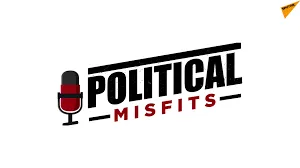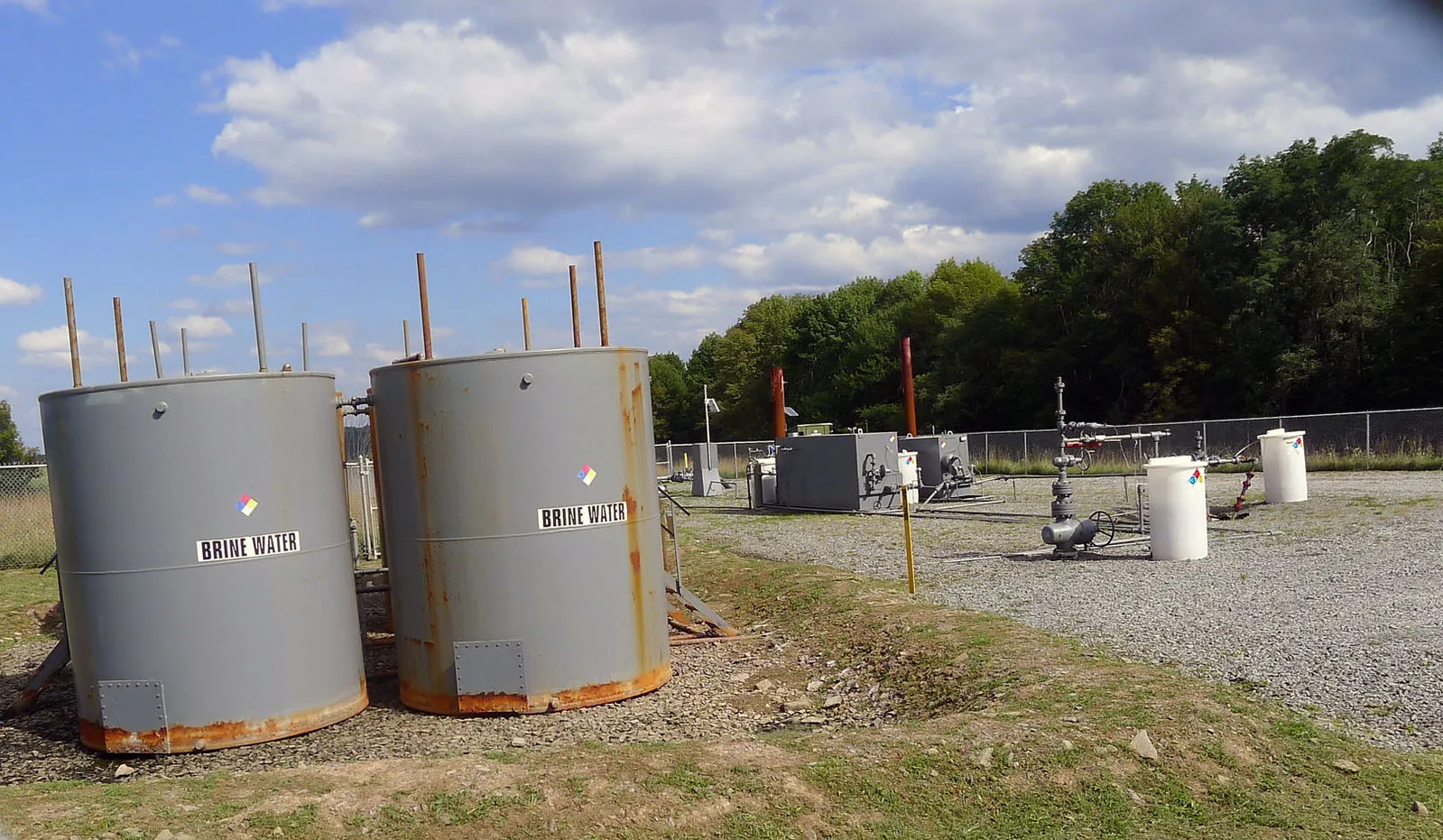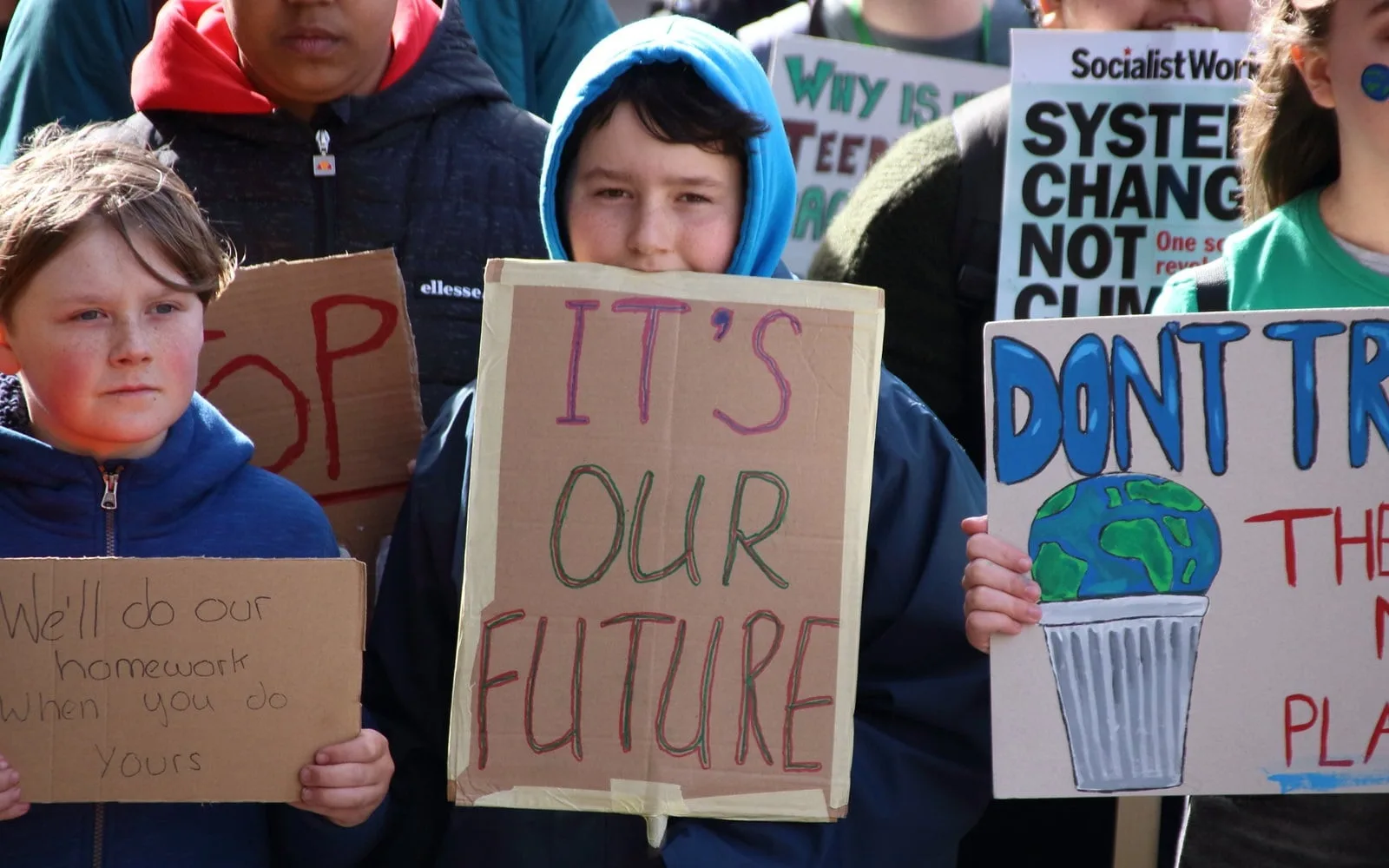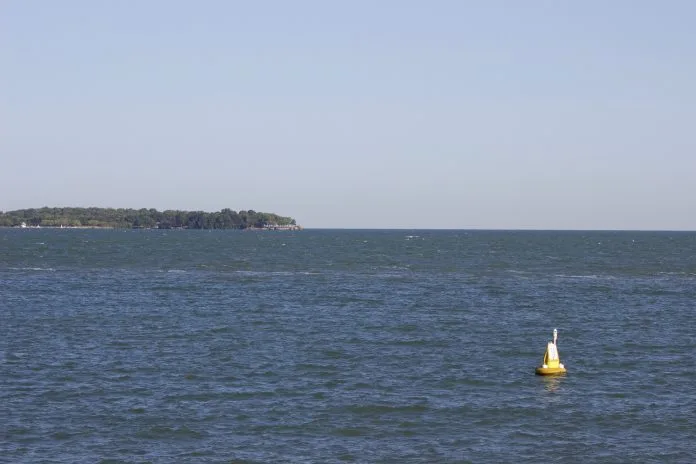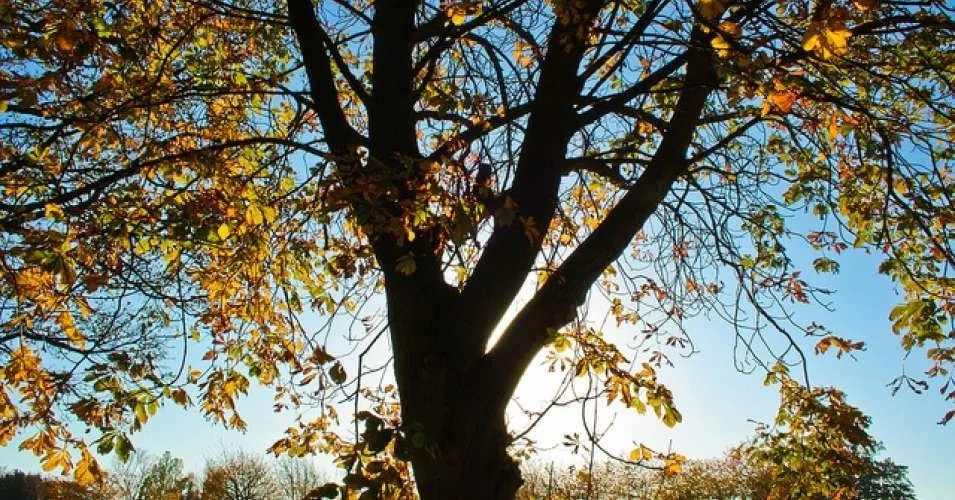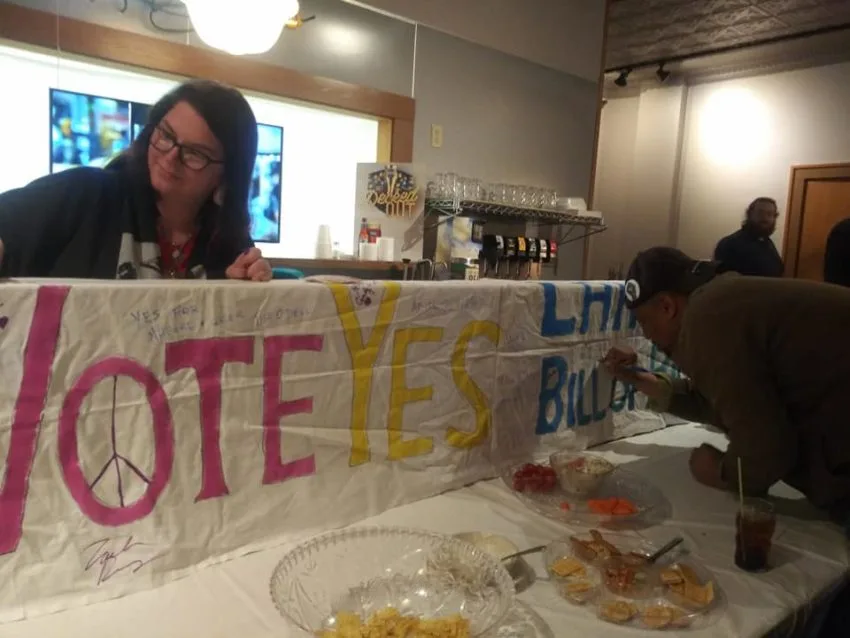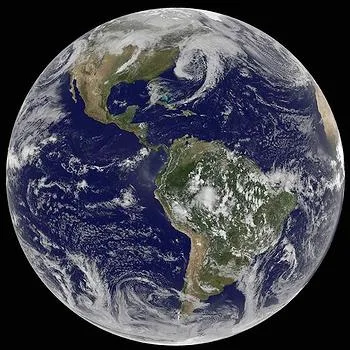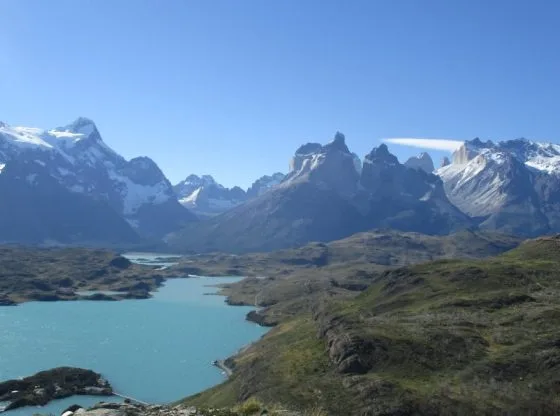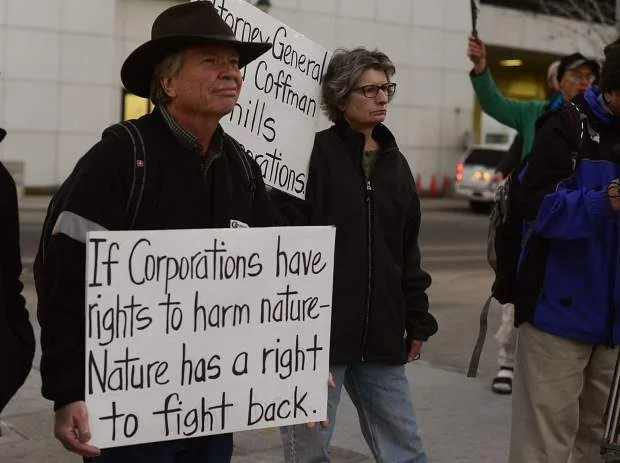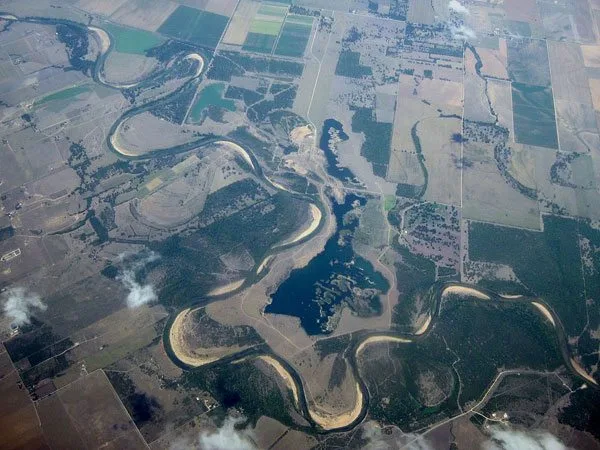FOR IMMEDIATE RELEASE
March 25, 2020
CONTACT:
Chad Nicholson
Community Environmental Legal Defense Fund
Pennsylvania Community Organizer
CELDF.org
chad@celdf.org
207-541-3649
GRANT TOWNSHIP, INDIANA COUNTY, PENNSYLVANIA: In an extraordinary reversal, last week, the Pennsylvania Department of Environmental Protection (DEP) revoked a permit for a frack waste injection well in Grant Township. DEP officials cited Grant Township’s Home Rule Charter banning injection wells as grounds for their reversal.
Injection wells are toxic sewers for the fracking industry that cause earthquakes, receive radioactive waste, and threaten drinking water and ecosystems.
Township residents popularly adopted a Home Rule Charter (local constitution) in 2015 that contains a “Community Bill of Rights.” The Charter bans injection wells as a violation of the rights of those living in the township and recognizes rights of nature. The Community Environmental Legal Defense Fund (CELDF) assisted in drafting the Charter.
In 2017, DEP issued a permit to legalize an injection well in Grant, and simultaneously sued the township. The agency claimed that Grant’s Home Rule Charter – which protects the local environment – interfered with the DEP’s authority to administer state oil and gas policy.
Yet, in a stunning about-face, DEP enforced Grant’s law and rescinded the injection well permit, last week. “Grant Township’s Home Rule Charter bans the injection of oil and gas waste fluids,” the DEP writes. “Therefore, the operation of the Yanity well as an oil and gas waste fluid injection well would violate that applicable law.”
Since 2014, Township residents have faced a variety of intimidation tactics, including lawsuits, from the corporation behind the injection well (Pennsylvania General Energy), the oil and gas industry, and their own state government and agencies. They have not backed down, even in the face of potential municipal bankruptcy. They have continued to assert and protect their community’s rights.
“We are over the moon that the permit was rescinded,” said Grant Township Supervisor Vice-Chair Stacy Long. “However, we know the permit should never have been issued in the first place. We can’t forget that DEP sued us for three years, claiming our Charter was invalid. Now they cite that same Charter as a valid reason to deny the industry a permit. It’s hypocritical at best. Add this to the pile of reasons Grant Township did not trust the DEP to protect our environment, and why we’ve had to democratically work at the local level to protect our community.”
“This decision does not validate the actions of the DEP, but rather vindicates the resistance that communities like Grant have engaged in to force governmental agencies into doing the right thing,” says CELDF Pennsylvania Organizer Chad Nicholson. “DEP has been acting in bad faith. I’m glad they revoked the permit. But it took them too long to do what all governments should be doing: enforcing democratically-enacted local laws that protect public health and safety.”
Grant Township is aware that the industry and/or state agencies, such as DEP, may sue them again. As of today, there is no injection well in Grant Township.
About CELDF — Community Environmental Legal Defense Fund
The Community Environmental Legal Defense Fund (CELDF) is building a movement for Community Rights and the Rights of Nature to advance democratic, economic, social, and environmental rights – building upward from the grassroots to the state, federal, and international level.
